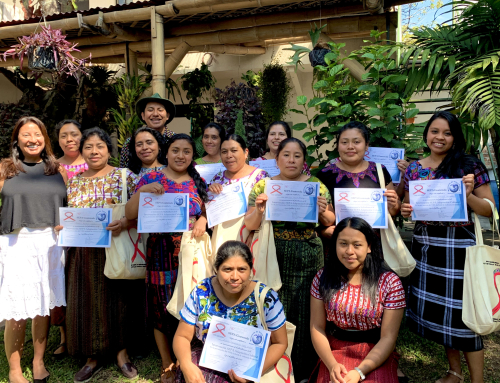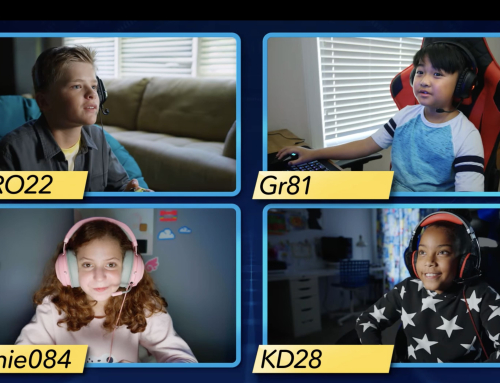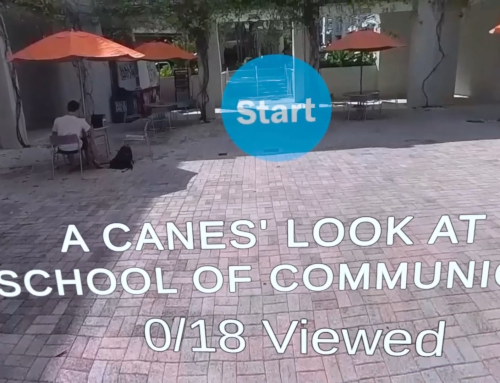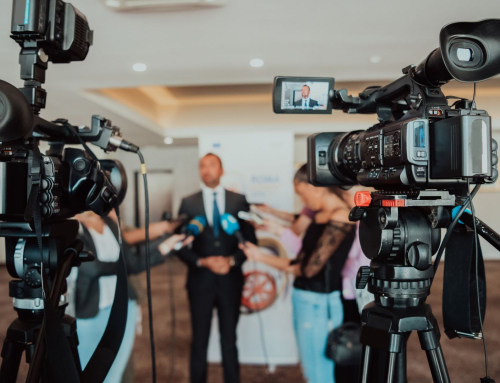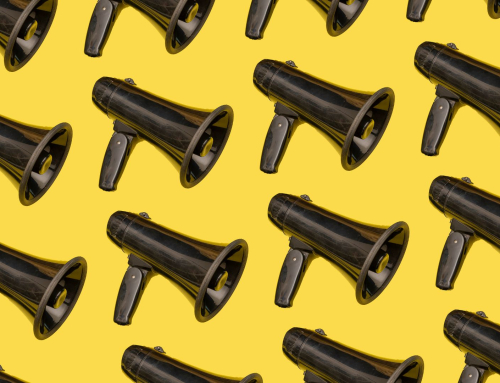Project Description
Cuba boasts that its public health services are among the best in the world. It exports doctors to countries like Venezuela and Angola in exchange for oil and it earns money from medical tourists who travel to Cuba for specialized treatment. But the leaders of the research team, who have been following Cuba for years, had been increasingly hearing that the drinking water available to most of the country’s 11 million people was unsafe and that Cubans were often ill because of contaminated water.
Very little data exists on the condition of Cuba’s drinking water and the closely related field of household sanitation, according to Belt and Velasquez. (2006)
Independent researchers have had limited access to Cuba and international agencies like the World Health Organization and the Pan American Health Organization rely on the Cuban government for statistics that paint a rosy picture of Cuba and that experts say are misleading. No one has conducted comprehensive, independent studies on these issues.
The full story of Cuba’s drinking water and of household sanitation, an international euphemism for toilets, is simply unknown. That is what inspired this research team from the University of Miami’s School of Communication, its College of Engineering and the Catholic University of America in Washington D.C., to begin the multi-year research project that we call Perceptions of Water Quality in Cuba.
We decided to conduct a stratified random survey in Miami of Cubans visiting Miami and Cuban-Americans returning from trips to Cuba.
This is pioneering and timely work that we believe can have enormous impact, particularly as relations with the United States and Cuba are improving. Because so little is known about conditions in Cuba, the team believes that their findings may serve as a guide for private and public American and international agencies and companies that specialize in providing clean drinking water and sanitary toilets around the world.
In concert with their data collection, they are developing extensive multimedia communication interventions. Faculty and students in the School of Communication, led by Professor Erin Brown, are building an interactive, multimedia website called Cuba Water. Working with Cassandra Keith, a master of fine arts student in the School of Communication’s Department of Cinema and Interactive Media, students are going to make short educational videos on how to purify and safely store clean drinking water, how to build and maintain wells for drinking water, how to build latrines that do not contaminate drinking water and how to safely handle and dispose of waste and sewage. Professor Heidi Carr, a lecturer in the Strategic Communication Department of the School of Communication and Professor Joseph B. Treaster, a tenured, full professor in the Department of Journalism and Media Management, are developing social media programs to be disseminated worldwide on the Cuba Water website and through such Internet devices as Twitter, Facebook , LinkedIn and Instagram. They are going to disseminate multimedia material on the Cuba Water project on the online magazines that Professor Treaster created and edits, OneWater.org and TheMiamiPlanet.org.
Altogether there are eight members taking part in this project, six from four departments of the School of Communication. The project originated with Dr. Enrique Pumar, the chairman of the Department of Sociology at the Catholic University of America, Dr. Helena Solo Gabriele, the assistant dean in charge of research at the University of Miami’s College of Engineering, and Professor Treaster of the School of Communication. Dr. Pumar has conducted several large-scale surveys as has Dr. Thomas Steinfatt of the School of Communication’s Department of Communication Studies, another member of the team. Dr. Pumar and Dr. Steinfatt will be working together with Dr. Solo-Gabriele and with Kerli Kirch, a Ph.D. candidate in the Department of Communication Studies, on the quantitative and qualitative analysis of our data, using SPSS and other tools. Dr. Steinfatt, who has conducted research through surveys in Cambodia and Thailand, and Ms. Kirch are taking the lead on developing methods for evaluating the validity of our survey findings and of the success of our communication interventions.
Their goal is to survey 600 people on water and sanitation conditions in Cuba.
Associated Students
Kerli Kirch, Cassandra Keith

